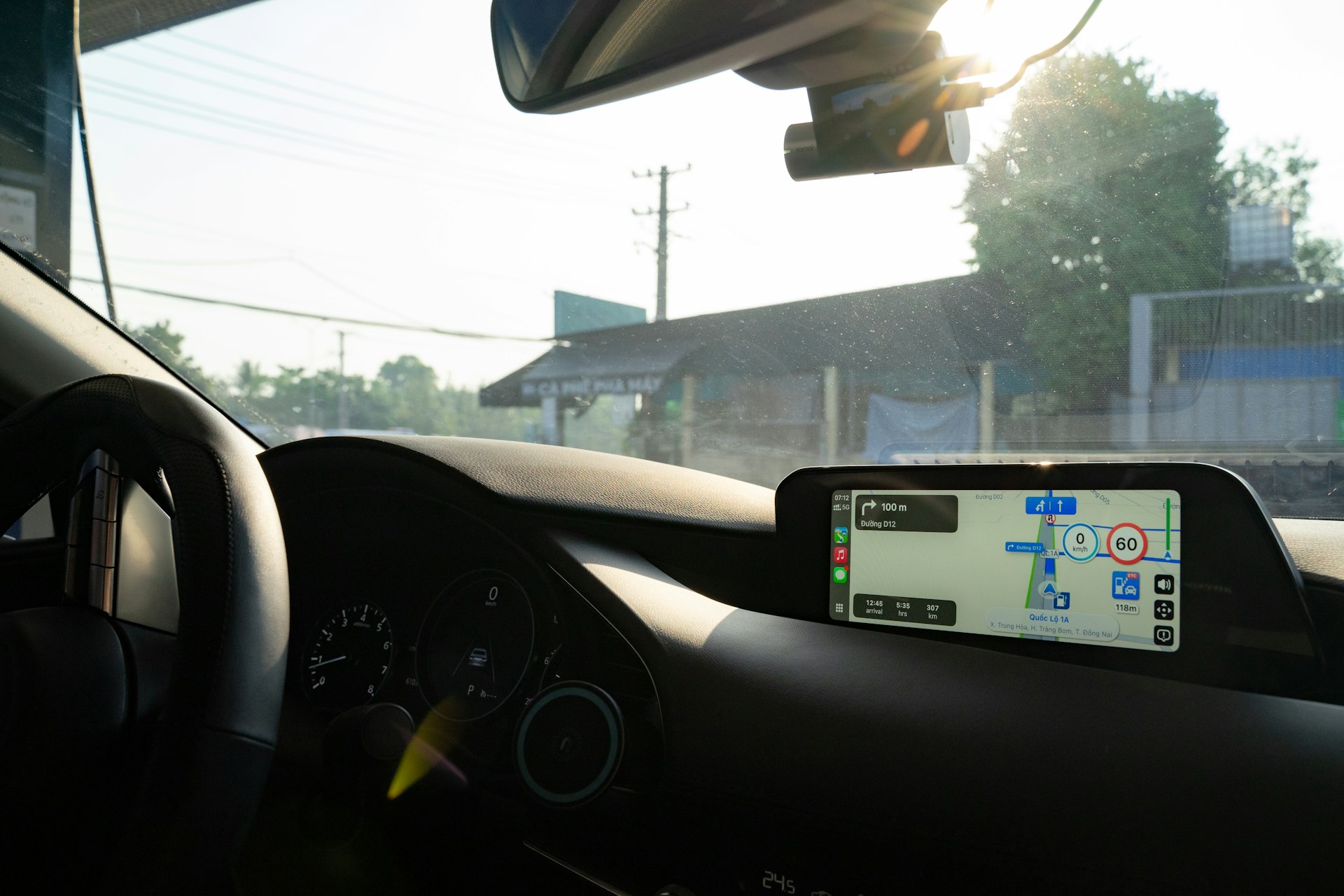Unlocking Career Opportunities in Circular Economy Initiatives

Photo by Danist Soh on Unsplash
Introduction: The Future of Work in the Circular Economy
The circular economy is fundamentally transforming how industries operate by prioritizing resource efficiency, design for reuse, and sustainable systems. As governments, organizations, and consumers demand greener solutions, a rapidly expanding range of career opportunities has emerged for professionals seeking to drive environmental and social impact. This guide explores the dynamic roles available, outlines the essential skills required, and provides step-by-step instructions on how to access and thrive in these future-focused careers.
Understanding Circular Economy Initiatives
A circular economy moves away from the traditional ‘take-make-waste’ model, focusing instead on strategies that keep materials in use for as long as possible. This includes recycling, remanufacturing, sharing, and innovative business models that decouple economic growth from resource consumption. These initiatives are implemented across sectors including manufacturing, packaging, retail, and technology, offering a spectrum of career paths for new entrants and experienced professionals alike [1] .
Key Career Pathways in the Circular Economy
Circular economy initiatives generate opportunities across a breadth of roles and industries. Here are some of the most in-demand and impactful career options:
1. Environmental and Resource Management
Professionals in this area focus on optimizing resource use, reducing waste, and ensuring compliance with evolving environmental regulations. Typical roles include Environmental Manager, Sustainability Analyst, and Resource Efficiency Consultant. These positions require a strong understanding of STEM disciplines, environmental law, and systems thinking [1] .
Example:
A Sustainability Manager in a manufacturing company may lead projects to redesign products for easier recycling, or implement circular supply chains that reduce raw material consumption.
How to Access: Candidates can search for such positions on established job boards, or by visiting leading sustainability-focused organizations’ careers pages. It is advisable to highlight experience in project management, data analysis, and knowledge of environmental standards in your resume.
2. Sustainability and Circular Economy Specialists
These professionals are responsible for integrating circular principles into business operations, setting sustainability targets, and measuring impact. They often work in roles such as Circular Economy Manager, Sustainability Specialist, or ESG (Environmental, Social, Governance) Project Manager [2] .

Photo by EqualStock on Unsplash
Example:
A Circular Economy Manager may oversee the implementation of take-back programs for used products, or develop metrics to track progress against corporate sustainability goals.
How to Access: You can find current job openings by searching for terms like “circular economy,” “sustainability,” or “ESG” on major employment platforms. Indeed, ZipRecruiter, and LinkedIn regularly list hundreds of relevant positions [2] , [5] .
3. Waste Management and Recycling Experts
These roles focus on designing and managing systems to collect, process, and reuse waste materials. Positions range from Recycling Facility Manager to Packaging Solutions Engineer. Employers include dedicated recycling firms, municipal agencies, and innovative startups [3] .
Example:
At organizations like Circular Action Alliance, professionals may develop compliance programs for packaging waste or work on improving recycling rates through community engagement
[3]
.
How to Access: Many of these employers list open positions directly on their websites. If no suitable openings are available, you may submit your resume for future consideration or reach out via the provided contact details for information about upcoming roles [3] .
4. Innovation and Product Design
Professionals in this field create products and services that are durable, repairable, and recyclable. This includes roles for Product Designers, Materials Scientists, and Engineers. Key employers include manufacturers, tech companies, and consultancies driving product lifecycle redesign.
Example:
A Product Designer may collaborate with engineers to create modular smartphones that can be upgraded or repaired, reducing electronic waste.
How to Access: Candidates with a background in design or engineering can search for roles at companies known for sustainable innovation or apply via specialized sustainability consultancies.
5. Finance and Investment in Circular Initiatives
Investment firms and financial organizations are increasingly funding circular business models. Roles include Private Equity Associate, Impact Investment Analyst, and ESG Portfolio Manager. These professionals evaluate and support companies advancing the circular economy [4] .
Example:
At Closed Loop Partners, finance professionals assess investment opportunities in recycling infrastructure or companies scaling reusable packaging systems
[4]
.
How to Access: Review open positions on the careers pages of impact investment firms, or search for “impact investment” and “circular economy finance” jobs on major professional networks.
Essential Skills for Circular Economy Careers
Circular economy careers require a diverse skill set, including systems thinking, project management, data analysis, communication, and a strong commitment to sustainability. Many organizations also value adaptability, problem-solving, and the ability to work across interdisciplinary teams [1] .
How to Upskill: To build these competencies, consider enrolling in online courses in sustainability, environmental science, or circular design. Professional certifications from recognized institutions-such as the Ellen MacArthur Foundation or university-based programs-can enhance your qualifications.
Example:
The EIT Campus offers training on circular economy trends and skills required for future roles
[1]
.
Accessing Career Opportunities: Step-by-Step Guide
- Identify Your Area of Interest: Reflect on your background and how your skills align with roles in resource management, sustainability, design, finance, or operations.
- Research Organizations: Explore companies, non-profits, and startups leading in circular practices. For example, Circular Action Alliance and Closed Loop Partners regularly post opportunities for professionals in the field [3] , [4] .
- Search for Jobs: Use search terms such as “circular economy,” “sustainability,” “recycling,” or “waste management” on reputable job platforms like Indeed and ZipRecruiter [2] , [5] .
- Prepare Your Application: Highlight relevant experience, training, and certifications. Emphasize your commitment to sustainability and ability to drive change.
- Network: Join professional groups, attend sustainability events, and connect with leaders in the field via LinkedIn or industry associations.
- Upskill Continuously: Stay updated on industry trends by attending workshops, webinars, and enrolling in online courses from established educational providers.
Alternative Pathways and Overcoming Barriers
For those seeking to enter the field but lacking direct experience, volunteering with local environmental organizations, participating in sustainability hackathons, or pursuing internships can be valuable entry points. If you encounter barriers such as limited job availability, consider targeting smaller organizations or startups, which may offer more flexible and innovative roles. You can also reach out directly to companies with a strong sustainability record and inquire about upcoming opportunities.
Professional Development and Advancement
As the circular economy sector matures, opportunities for advancement are increasing. Many organizations prioritize internal mobility and professional growth. For example, employees at Circular Action Alliance are encouraged to develop their skills and take on leadership positions as the organization expands [3] . Similarly, finance professionals at Closed Loop Partners can progress into senior roles managing major circular investment portfolios [4] .
Summary and Key Takeaways
Circular economy initiatives offer a wealth of career opportunities for professionals passionate about sustainability, innovation, and societal impact. By developing the right skills, researching potential employers, and leveraging available pathways, you can position yourself at the forefront of this transformative movement. Job seekers are encouraged to regularly monitor reputable job boards, connect with organizations directly, and pursue ongoing professional development to maximize their prospects in this rapidly evolving sector.
References
MORE FROM jobsmatch4u.com













